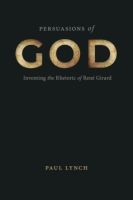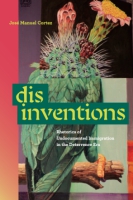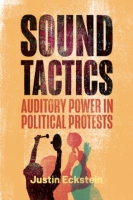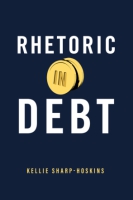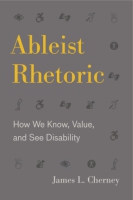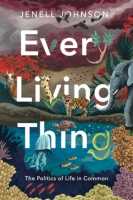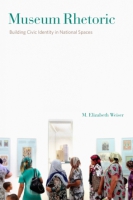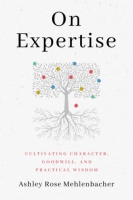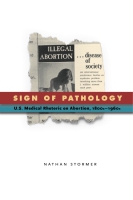RSA Series in Transdisciplinary Rhetoric
New and Bestselling Books
- Ableist Rhetoric
James L. Cherney - Advocating Weapons, War, and Terrorism
Ian E. J. Hill - Arguing with Numbers
Edited by James Wynn and G. Mitchell Reyes - Being at Genetic Risk
Kelly Pender - Democracy as Fetish
Ralph Cintron - Disinventions
José Manuel Cortez - Every Living Thing
Jenell Johnson - The Evolution of Mathematics
G. Mitchell Reyes - Extraction Politics
Nicholas S. Paliewicz - From Hysteria to Hormones
Amy Koerber - Infertility
Robin E. Jensen - Kenneth Burke + The Posthuman
Edited by Chris Mays, Nathaniel A. Rivers, and Kellie Sharp-Hoskins - The Living from the Dead
Stuart J. Murray - Museum Rhetoric
M. Elizabeth Weiser
- Nestwork
Jennifer Clary-Lemon - On Expertise
Ashley Rose Mehlenbacher - Persuasions of God
Paul Lynch - Reimagining Advocacy
Elizabeth C. Britt - Reinventing World War II
Barbara A. Biesecker - Rhetoric in Debt
Kellie Sharp-Hoskins - Rhetoric, Inc.
Timothy Johnson - Rhetoric’s Pragmatism
Steven Mailloux - Rhetorical Style and Bourgeois Virtue
Mark Garrett Longaker - Robert Burton’s Rhetoric
Susan Wells - Sign of Pathology
Nathan Stormer - Sound Tactics
Justin Eckstein - Stripped
Maggie M. Werner - The Wound and the Stitch
Loretta Victoria Ramirez

About this Series
The RSA Series in Transdisciplinary Rhetoric (STR) publishes books that move between rhetoric and other emerging or established disciplines, taking seriously both what makes them strange to one another and how they can be brought together to build space for new conversations, shed light on overlooked areas of inquiry, or even create new ways of doing scholarship. Books in the series speak not only to the disciplines in which rhetoric finds a comfortable home but also to disciplines that are less familiar with it, recognizing that rhetoric will itself be changed—methodologically, conceptually, substantively—in any such transdisciplinary relationship. We’re looking for projects whose case studies stem from disciplines beyond rhetoric, projects that stake out new theoretical ground, and/or projects that grapple with the unfamiliar, odd, or uncommon. Such transdisciplinary exchanges include, but are not limited to, rhetoric and: science, technology, or mathematics; the law or legal studies; digital or visual culture; health and medicine; disability studies; Indigenous studies; economics; environmental studies; gender studies; and religion. We also welcome work that foregrounds transnational perspectives, decolonial approaches, and/or queer of color critique.
Books in the series are well written and accessible to a broad range of students and scholars in rhetoric and other fields. They should be innovative and rigorously argued, combining theoretical sophistication with smart case analysis.
Submissions should include a 3- to 5-page proposal outlining the intent of the project, its scope, its relation to other work on the topic, the anticipated audience, and what makes it transdisciplinary, including an explanation of what the project promises to contribute to another discipline (or disciplines) and how this transdisciplinary engagement will complicate rhetoric as a field of inquiry. Please also include 1–2 sample chapters (at least 1 body chapter) and a current C.V.
For further information, please contact or or , Acquisitions Editor, Penn State University Press.
Editors:
Leah Ceccarelli
Michael Bernard-Donals
Advisory Board:
Damián Baca
Ralph Cintron
Jennifer Clary-Lemon
Cara Finnegan
Debra Hawhee
Andre E. Johnson
Jenell Johnson
Lisa King
Tracy Owens
Nathan Stormer
Mailing List
Subscribe to our mailing list and be notified about new titles, journals and catalogs.




